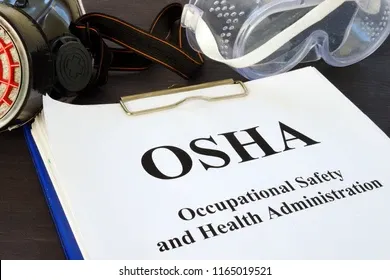OSHA Proposal to Require Employers to Submit Information Electronically

The Occupational Safety and Health Administration (“OSHA”) is seeking to amend its injury and illness recordkeeping regulations. Currently, OSHA requires certain employers to electronically submit to OSHA certain injury and illness information which they are mandated to keep. Its new proposal includes the use of artificial intelligence software to identify and redact employee names, while leaving all references to employee health information upon submission by the employer. This could lead to potential public disclosure of employee health information, presenting a tremendous risk for employers.
In addition, OSHA’s new proposal aims to remove the current requirement for establishments, not in a designated industry, with 250 or more employees to electronically submit information from its Form 300A to OSHA annually and require establishments with 100 or more employees in certain high-hazard industries, such as construction or roofing, to electronically submit information from its OSHA Forms 300, 301 and 300A to OSHA once a year. These forms are important because they are used by employers to keep a log of work-related illnesses and injuries, as well as, provide a summary of how the injuries or illnesses transpired, containing highly personal medical information. It would also update the classification system used to determine the list of industries covered by the electronic submission requirement and require establishments to include its company name when making electronic submissions to OSHA.
Of note, establishments with 20 or more employees in designated high-hazard industries would continue to be required to electronically submit information from its OSHA Form 300A annual summary to OSHA.
For more information on OSHA regulations, or any other employment or labor law matter, please contact the attorneys at The Royal Law Firm LLP; (413) 586-2288. We know business matters!







